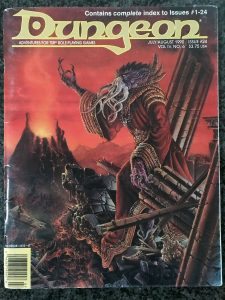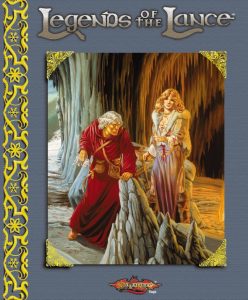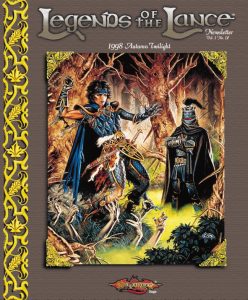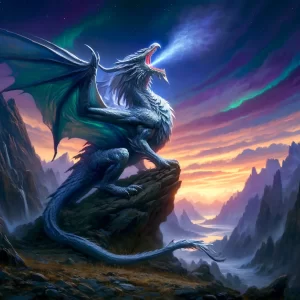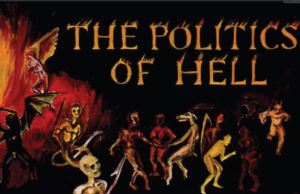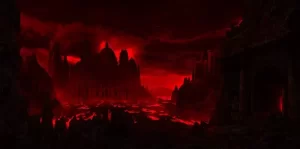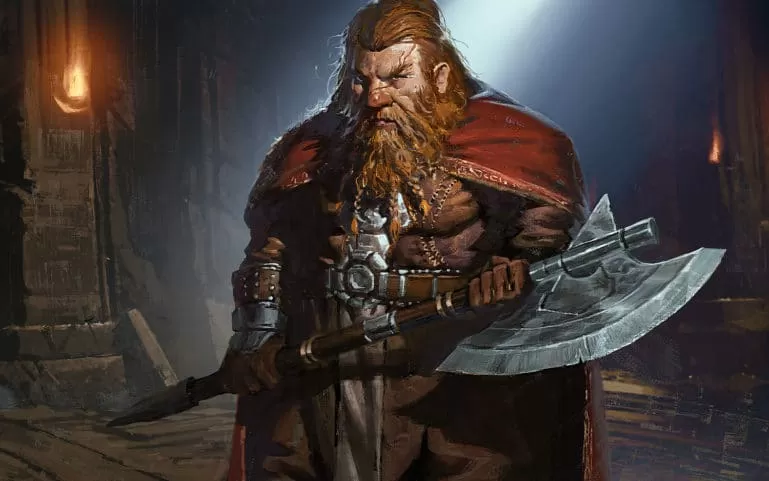
In the ancient, echoing chambers of history, where the stories of valor and tradition resonate through time, stand the dwarven kingdoms, embodying a richness and grandeur that transcends mere existence. These majestic realms are not merely habitats but masterpieces sculpted with an artistry that defies imagination, halls intricately carved into the very roots of towering mountains, and mines that stretch deep into the earth's core, where the rhythmic clinking of picks and hammers resonates like a symphony of enduring strength.
These lands are shaped by a heritage steeped in unity and purpose, bound by a resolute commitment to clan and tradition, and fueled by an unquenchable, searing hatred for the likes of goblins and orcs. Common threads that unite all dwarves, forging them into a single, formidable race that stands as a beacon of resilience and honor.
The dwarves, bold and unyielding, are far more than their physical stature suggests. Though they stand less than five feet tall, their bodies are constructed with such muscular density and robustness that they can weigh as much as humans, towering nearly two feet above them. Their courage, a raging furnace within their chests, and their endurance, unbreakable as the mountains they call home, match or even surpass any of the larger folk.
Their skin, a manifestation of the earth itself, ranges from the profound depth of brown to paler hues tinged with the fiery kiss of red, reflecting the essence of the rocks and soil they toil upon. The most common shades mirror the earth's rich tones, a deep tan or a robust light brown.
Dwarven hair, an extension of their simple yet proud nature, is worn long but in styles devoid of ostentation, and colors that speak of the earth's raw majesty-black, gray, or brown. The males of their kind hold their beards as symbols of wisdom and masculinity, grooming them with meticulous care, a ritual that is both personal and cultural. The paler dwarves, uniquely adorned with red hair, provide a fiery contrast to their brethren.
In these creatures, time finds a formidable opponent. Dwarves live well beyond four centuries, their memories a treasure trove of experiences, recalling events that have shaped the world. In Citadel Felbarr, the ancient dwellers reminisce about the dark days more than three hundred years past when orcs overran their fortress, an exile lasting over two and a half centuries. This longevity imparts a perspective on existence that is unknown to shorter-lived races like humans and halflings.
Dwarves are the embodiment of stability and endurance, weathering the relentless tide of centuries with a stoicism that is both majestic and awe-inspiring. They venerate the traditions of their clans, tracing lines of ancestry back to the dawn of their ancient strongholds when the world was young and untamed. These traditions are not mere rituals; they are the bedrock of dwarven life, encompassing the veneration of their gods who embody their ideals of industrious labor, prowess in battle, and unyielding devotion to the forge.
Individual dwarves are not mere echoes of their society; they are stalwart, decisive, and fiercely loyal. Their word is a bond, unbreakable and sacred. Their actions, though sometimes perceived as stubborn, are a testament to a relentless determination and a strong sense of justice. To wrong a dwarf is to wrong an entire clan, a transgression that can ignite a feud that burns through generations.
The subterranean kingdoms of the dwarves are wonderous realms, extending deep beneath the mountains, a labyrinthine network where gems and precious metals are mined, and where skilled hands forge artifacts that resonate with an extraordinary beauty and function. These craftsmen appreciate the elegance and artistry of precious metals and fine jewelry, a love that sometimes festers into a lust for wealth. Their trade extends beyond their mountain homes, relying on enterprising humans and halflings to navigate water routes, given their aversion to boats.
Within these kingdoms, the clan is the nexus of dwarven society, a unit that shapes identity and social standing. To be a dwarf is to belong, to be part of a lineage that transcends time. Even dwarves far removed from their kingdoms carry the torch of their clan's identity, invoking ancestral names in solemn oaths and fervent curses. To be clanless is an unthinkable tragedy, a void that gnaws at the dwarven soul.
In foreign lands, dwarves are esteemed artisans, masters in weaponsmithing, armoring, and jewelry crafting. Their skills are sought after in mercenary and bodyguard roles, their courage and loyalty known and respected.
The call to adventure is deeply personal for a dwarf. It may be a thirst for treasure, a divine command, a quest for glory, or a desire to restore honor or avenge an ancient wrong. It might be a quest to reclaim a lost relic, an axe wielded by an ancestor on a battlefield long ago. These motivations are not whims; they are sacred callings, as deeply ingrained in the dwarven psyche as the rocks they shape.
In the grand tapestry of existence, the dwarves stand as a testament to strength, honor, and timeless resilience. They are a force, bold and mighty, as enduring as the mountains they love, and as unbreakable as the traditions they uphold.
